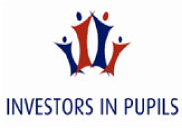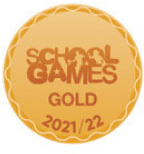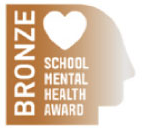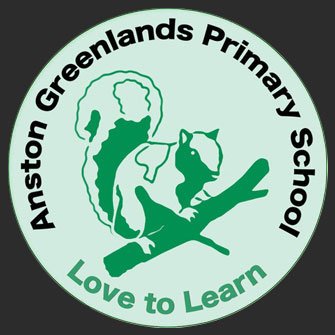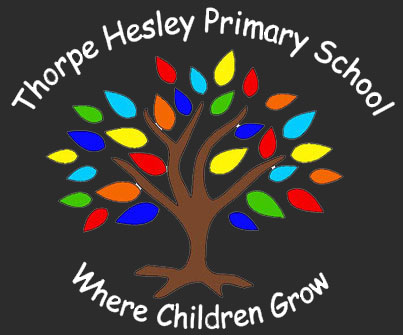What do we want to achieve?
At Anston Greenlands Primary School, we recognise that Mathematics introduces children to facts, knowledge, skills and strategies that are essential in everyday life and support learning across the curriculum. It helps children to make sense of the numbers, patterns and shapes they see in the world around them, offers ways of handling data in an increasingly digital world and makes a crucial contribution to their development as successful learners. We want children to delight in using mathematics to solve a problem, especially when it leads them to an unexpected discovery or new connections. Studying mathematics stimulates curiosity, fosters creativity and equips children with the skills they need in life beyond school. We aim to provide our children with an exciting, powerful and challenging curriculum with plenty of opportunities to engage in purposeful, intelligent practice, rich in mathematical ‘variation’. We strive to ensure that all children develop an appreciation of the beauty and power of mathematics, and a sense of enjoyment and curiosity about the subject becoming confident, life-long mathematicians.
How do we do this?
Children at Anston Greenlands Primary school benefit from a powerful curriculum and plenty of opportunities to engage in purposeful, intelligent practice, making use of mathematical ‘variation’. They learn from worked examples, expertly modelled by teachers. Varied and frequent practice enable children to gain rapid automatic recall of a set of core number facts appropriate to their age. In lessons, children move from concrete to visual to abstract representations of problems and calculations.
Teachers and leaders have designed a sequential, coherent curriculum with the National Curriculum at its core. The calculation policy sets out the calculation strategies which are used in each year group, allowing for consistency and quality control across school:
- Long term plans for each year group set out the number of weeks to be spent on each broad area of maths every term.
- Medium term plans for each term for each year group set out time spent on each objective, alongside variation, problem solving and context. These ensure that the teaching of linked facts and methods is sequenced to take advantage of the way that knowing facts helps pupils to learn methods and vice versa.
- Thorough short term planning ensures the lessons are appropriately sequenced within each unit towards clear end points.
- From Y1 to Y6, daily high quality maths lessons take place in the morning when possible. Each maths lesson starts with a mental and oral session to recall core facts and reinforce skills before moving onto exposition and practice of new knowledge and skills.
- Teachers help pupils develop their automatic recall of core declarative knowledge, rather than rely on derivation, guesswork or casting around for clues.
- Experienced staff with strong subject knowledge draw from high quality resources such as White Rose documents, NRich, NCETM and CAME to enhance planning, teaching and learning.
- Where appropriate, links are made to the final events of each term, giving learning context and strong purpose.
- A programme of work scrutiny, pupil interviews and lessons observations ensures quality in teaching, learning and outcomes and provides next steps for staff.
- A set of core knowledge documents for each year group set out the core declarative knowledge to be regularly covered and mastered in each year group; these were created by teachers during a staff meeting to ensure relevance and progression.
- Core knowledge retention is enhanced using frequent low-stakes testing, including games and ICT programmes such as TTRockstars and Numbots.
- High quality weekly investigation and problem solving lessons (from Y1 to Y6) develop strong reasoning skills, drawing on resources and research from organisations such as CAME and NRich. Each year, classes start with a focus on ‘rules for mathematical discussion’ which leads to high quality mathematical talk in problem solving lessons.
- Knowledge, resources, ideas and expertise are shared with our colleagues in school and across the MAT. Work on joint projects is carried out with other maths leaders in the MAT.
- Strategies such as a programme of whole school lesson study and providing joint PPA time for teaching partners ensure that teachers are provided with the time and resources to learn valuable ways of teaching from each other
What is the impact of this?
We believe that our children will:
Acquire a love of maths, including a delight in solving problems and an appreciation of the beauty of the patterns and connections within the subject.
- Demonstrate and use mathematics confidently within their daily lives.
- Apply the school aims of creativity, resilience, enthusiasm, aspiration, teamwork and expertise within their mathematics lessons.
- Gain rapid automatic recall of a set of core number facts appropriate to their age, through varied and frequent practice.
- Make use of taught number facts and strategies in increasingly complex calculations and problem solving so that they develop conceptual understanding and the ability to apply knowledge and skills efficiently and accurately.
- Understand and use the fundamental features of mathematics such as the associative, distributive and commutative properties.
- Reason mathematically by following a line of enquiry, conjecturing relationships and generalisations, and developing an argument, justification or proof using mathematical language
- Solve problems by applying their mathematics to a variety of problems with increasing sophistication, including breaking down problems into a series of simpler steps and showing resilience when seeking solutions.
- Have the confidence and interest to continue with their maths learning later in their education.




